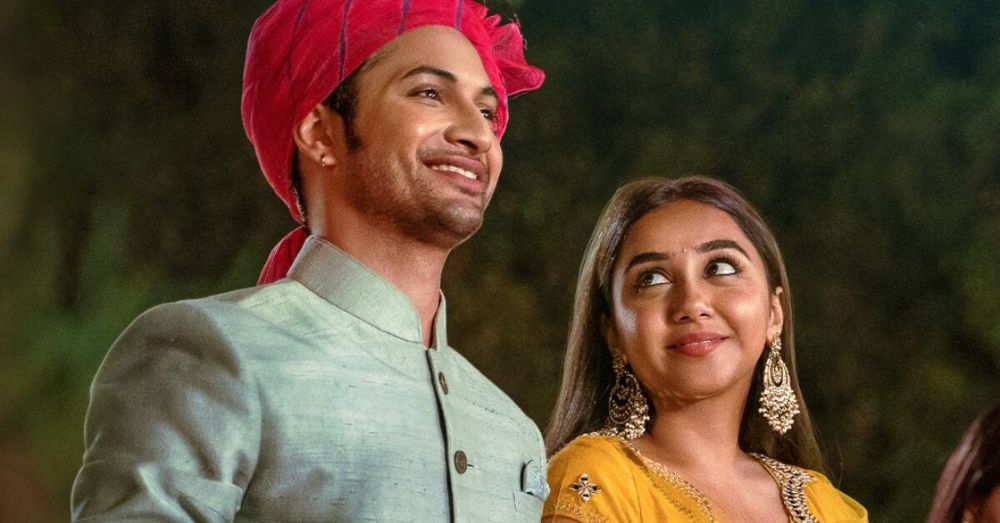When Season 1 aired in late 2020, I made a snap judgment and thought of it as nothing but a cheesy high school drama. I was misled by prejudice and refused to fall prey to the hype. It continued until Season 2’s awestriking music caught my attention this year. FYI, the entire album isn’t getting off my ‘Spotify recents’ anytime soon. This newfound music obsession made me watch the series, finally. And guess what? I ended up binge-watching both seasons in 2 days!
Being someone who consumes content like an honest film critique, would I say my snap judgment was too snap after all? No. Much of Mismatched is cheesiness and a couple of teens fighting over petty issues as I had speculated, but there is much more to it. The blended output of plot, character development, the Rajasthani setting, music, dialogues and the depiction of Gen Z college life and ever-rising tech industry competition was surprisingly impressive. And Rohit Saraf – Uff! Hate to say this, but this chocolate boy had me fangirling as well. Do you know that ‘rush’ you get after finishing a movie? For a week, all my subconscious mind was capable of was reminiscing ‘all-things-Mismatched’.
As I daydreamed into the storyline, a plot especially bothered me – Dimple’s classmate Celina Matthews being ashamed of her working as a food delivery girl while studying. I cringed at this one and asked myself ‘Why would someone be ashamed of working hard at a part-time job and earning as a student? If I were her, I would’ve been proud of myself!’
Little did I know that being away for 1.5 years, I had grown unfamiliar with the general approach in India about a girl knocking on doors and delivering food. I felt both proud and angry. Even when I stayed in India, I treated people doing any job with respect and dignity. However, as an international student, I worked a number of part-time jobs. Some of them were working in a warehouse or a restaurant, managing tills in places like KFC or serving people drinks at a football stadium. Working these jobs had become a part of my life, so watching Celina wanting to hide her side hustle from the world confused me for a moment. In the series when Celina’s friends discover this, they bully and blackmail her until suddenly she becomes ‘brave’ and reveals it to the world herself.
My point is, why was this ‘bravery’ required in the first place? Mismatched is content made for youth. Why couldn’t her friends be cool with her job from the start? Why couldn’t Celina herself be okay with her work? Why can’t we normalize working blue-collar jobs in India and not consider them taboo? How is Celina’s plot different from a random plot from saas-bahu content? Shouldn’t the 2020s open gates to a progressive approach? Because mind you, if blue-collar workers stop working one day, its implications will be equal for you, me and everyone.
